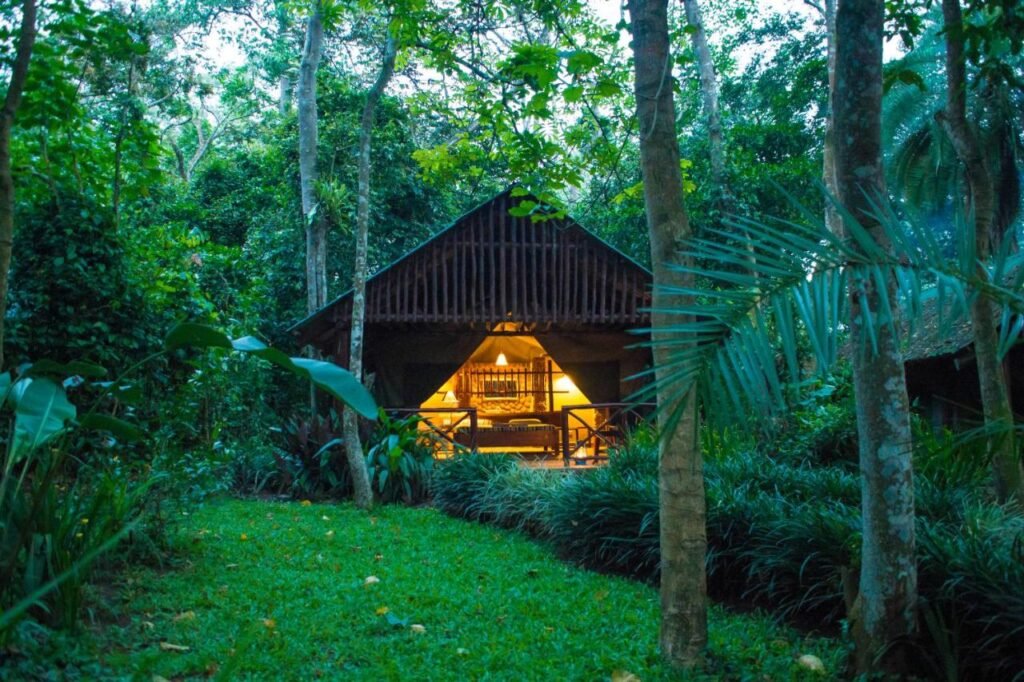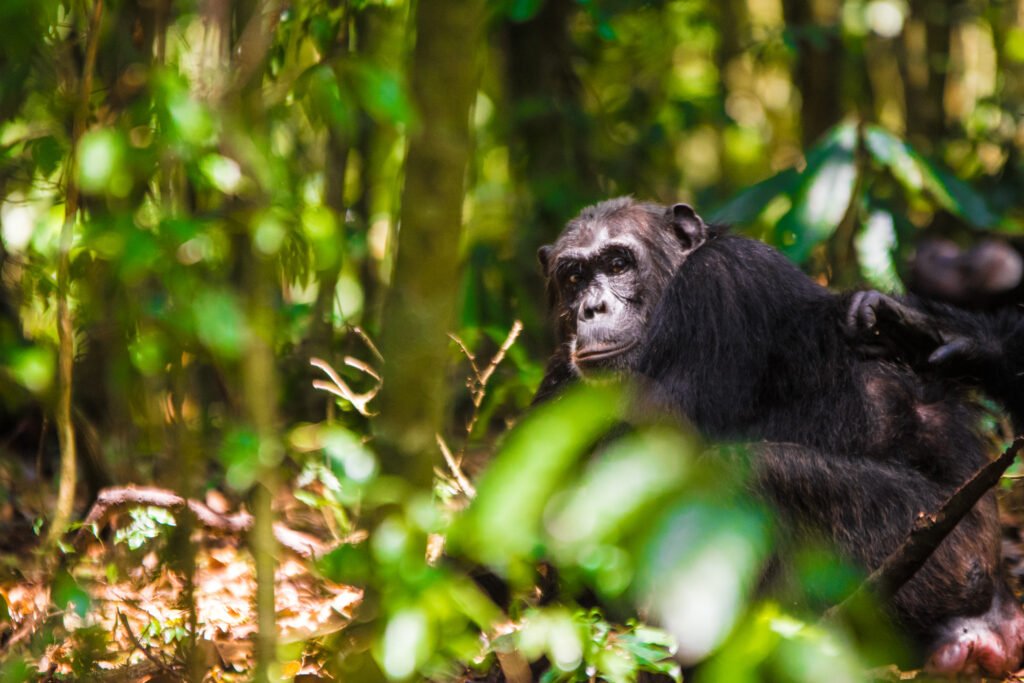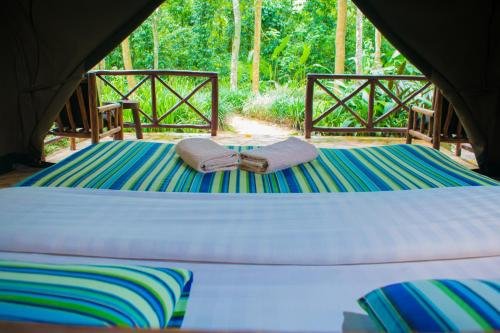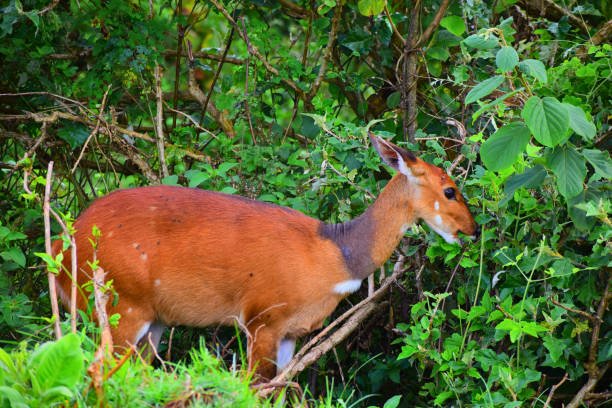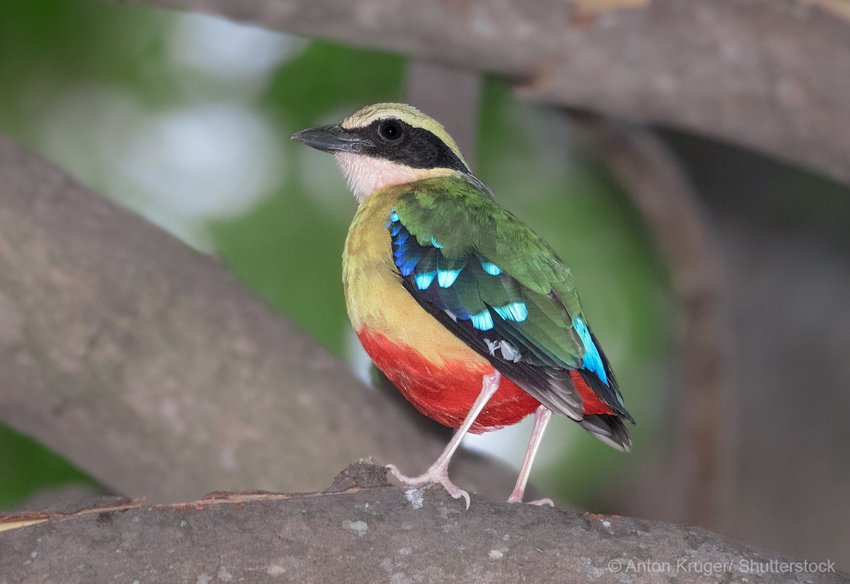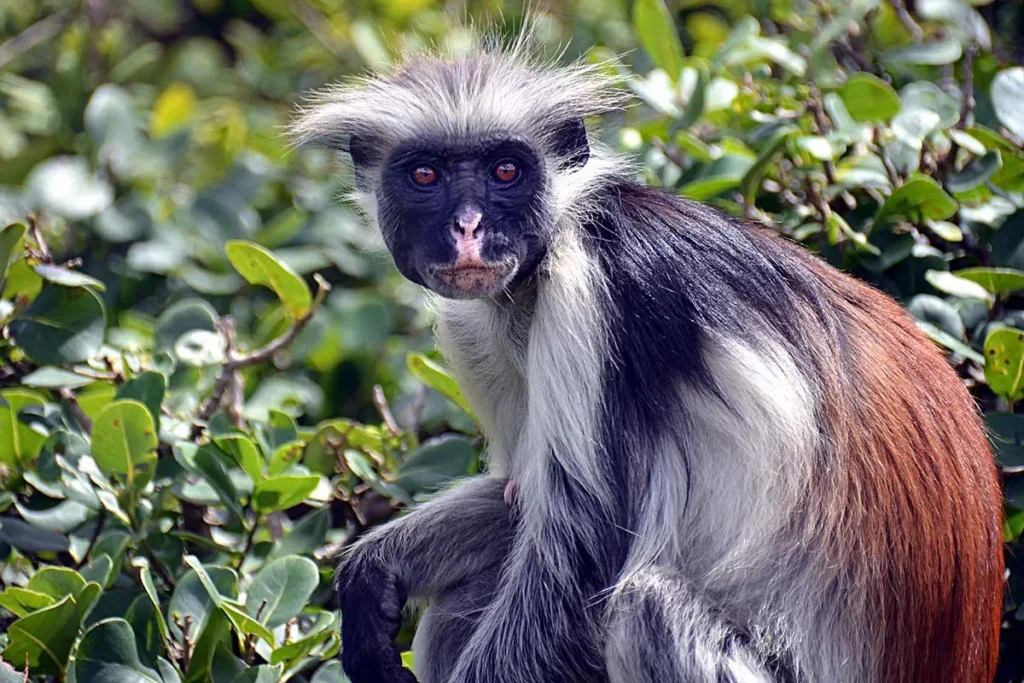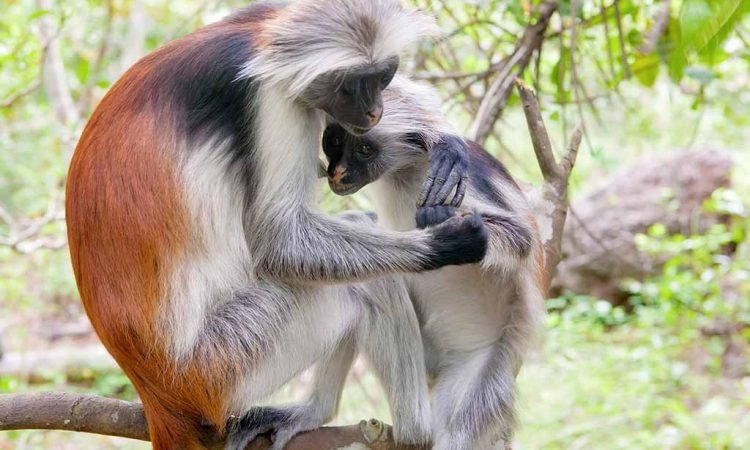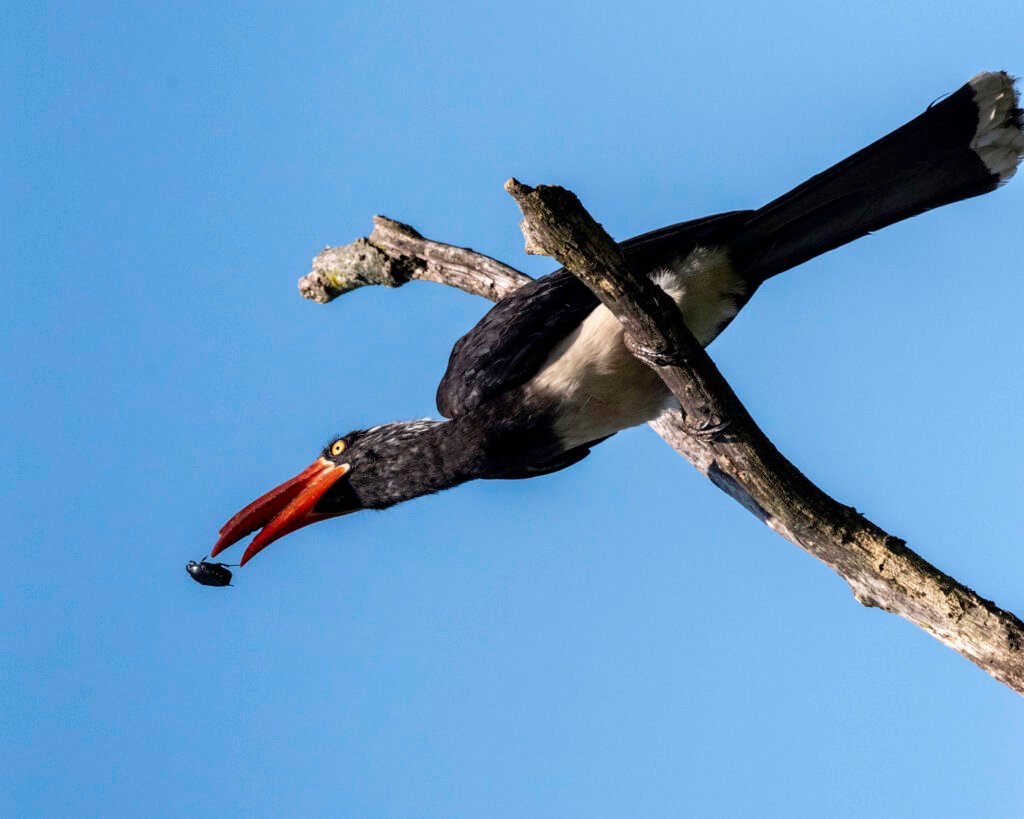KIBALE NATIONAL PARK, The Primate Capital of the World
- Home
- Destination
- KIBALE NATIONAL PARK, The Primate Capital of the World
KIBALE NATIONAL PARK, The Primate Capital of the World
Nestled in western Uganda, Kibale National Park is one of Africa’s most enchanting rainforests, often referred to as the Primate Capital of the World. Covering approximately 795 square kilometres, this bio diverse haven is celebrated for its remarkable primate population, lush landscapes, and cultural richness. For travellers seeking an authentic experience in the wild, Kibale offers a blend of wildlife encounters, bird watching, and immersive cultural tours.
A Haven for Primates
Kibale is best known for its extraordinary primate diversity, boasting 13 species of monkeys and apes. The park is home to an estimated 1,500 chimpanzees, making it Uganda’s premier destination for chimpanzee trekking. Visitors can join guided treks through the rainforest, observing these intelligent creatures as they swing through the canopy, feed, groom, and communicate with one another.
Beyond chimpanzees, the park shelters other fascinating primates such as the red colobus monkey, black-and-white colobus, olive baboon, grey-cheeked mangabey, and the rare L’Hoest’s monkey. This impressive variety has earned Kibale its reputation as one of the most important primate conservation areas in Africa.
Birdwatcher’s Paradise
For keen birders, Kibale National Park is nothing short of spectacular. The park is home to over 370 bird species, including forest specialities and endemics. Among the highlights are the African pitta, green-breasted pitta, black bee-eater, and the great blue turaco. The Bigodi Wetland Sanctuary, located on the edge of the park, is particularly rewarding for birdwatching, with guided community walks offering excellent opportunities to spot papyrus gonolek, kingfishers, and hornbills.
Diverse Wildlife
While primates and birds dominate the park’s fame, Kibale is also home to other wildlife. Forest elephants, buffalo, bush pigs, duikers, and even the elusive leopard can be found here. The park’s varied habitats – from tropical rainforest and swamps to woodland and grassland – support this wide range of species, making every trek a new adventure.
Cultural Encounters
Kibale is not only about wildlife; it is also about people and culture. The nearby communities, particularly in Bigodi, have embraced eco-tourism, offering visitors an insight into rural Ugandan life. Travellers can take part in cultural walks, learn about traditional medicine, enjoy performances of local music and dance, and taste home-cooked meals. These encounters create a meaningful connection between visitors and the people who live alongside the park.
ACTIVITIES IN KIBALE NATIONAL PARK
Chimpanzee Trekking: The highlight of any visit, with morning and afternoon sessions led by expert guides.
Chimpanzee Habituation Experience (CHEX): A full-day adventure for those who wish to spend extended time with the chimps as they go about their daily routines.
Bird watching Tours: Both in the forest and in the Bigodi Wetlands.
Nature Walks: Exploring the park’s trails, swamps, and crater lakes.
Community Experiences: Learning about local traditions, crafts, and conservation initiatives.
When to Visit
Kibale National Park can be visited year-round, though the dry seasons (December to February and June to September) are considered the best times for trekking, as trails are less muddy. The wet seasons, however, offer lush scenery and excellent bird watching opportunities.
Where to Stay
Accommodation around Kibale ranges from luxury safari lodges overlooking the forest canopy to comfortable mid-range camps and budget guesthouses. Many are located near Kanyanchu Visitor Centre, the starting point for chimpanzee trekking.
Kibale National Park is a jewel in Uganda’s tourism crown – a destination where nature and culture intertwine to create an unforgettable safari experience. Whether you are listening to the calls of chimpanzees echoing through the forest, spotting a rare bird in the wetlands, or sharing stories with local villagers, Kibale offers moments of wonder that stay with you long after your journey ends.

